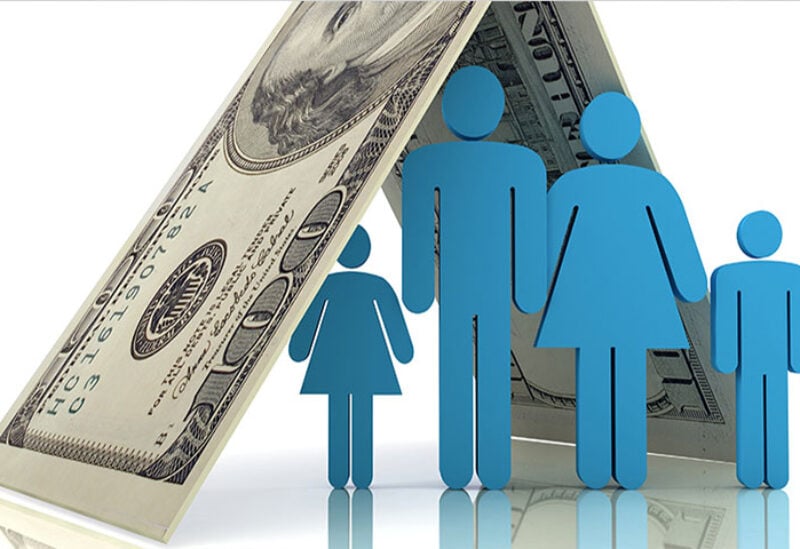
Insurance Premiums
Lebanon was distinguished for many years by the high rate of insurance penetration, which attracted international companies to enter and invest in the market. However, two years of the financial and economic meltdown, along with devaluation and insurance companies’ request receiving premiums in fresh dollars, were enough to turn insurance policies into a luxury for Lebanese.
According to the annual report of Swiss Re, the insurance sector witnessed significant decline after the crisis, as the ratio of insurance premiums to GDP decreased from 3.08% in 2016 to 1.80% in 2020. This number was likely to witness further decline in the past year. The head of the Association of Insurance Companies in Lebanon (ACAL), Elie Nasnas, told Sawt Beirut International (SBI) that insurance premiums fell by about 20% last year, because a large number of Lebanese canceled their policies, while others reduced the level of their health insurance, mainly after companies started asking insured people to pay the underwriting and renewal of insurance policies in fresh dollars, with the coverage being paid in the same currency, according to Nasnas.
End of Crisis
According to ACAL, 25 percent of insurance policies are still paid in Lebanese pounds, with their terms ending by next August, bringing the sector over a crisis that has exhausted the insured and insurance companies for two years. Medical insurance sector was the most affected, as hospitals calculate their fees in dollar, especially when it comes medical supplies. Currently, the insurer pays part of the hospital bill, while insurance companies pay the other. Nasnas said that the unified price list for medical supplies prepared by the Ministry of Health is almost ready. This list will be in the interest of the insured and the insurance companies and will put an end to the abuses by some hospitals.
Drop in prices
Due to supply, demand, and low purchasing power, prices of insurance policies have fell by 30 percent, according to Nasnas. The demand for life insurance and saving programs has also dropped, as the insured are being covered through bank checks, which incurs heavy losses on them.
Companies are providing insurance policies with specifications that suit the purchasing power of citizens. They have launched a group of health insurance policies that include different networks of hospitals, in addition to partial coverage options.
Relationship with reinsurance companies
Insurance companies are facing another challenge, mainly in their relationship with reinsurance companies, which no longer see the Lebanese market trustworthy, bur rather consider it a high-risk market, especially after August 4 explosion, and the restrictions imposed on bank transfers abroad.
Insurance companies has paid so far 376 billion Lebanese pounds until last January to the insured people damaged by the blast, while the remaining amount is around 995 billion Lebanese pounds, according to the report of the Insurance Supervisory Authority. There is no doubt that this crisis is capable of changing the reality of the insurance sector in Lebanon, as the idea of merging companies has become more acceptable, according to Nasnas.